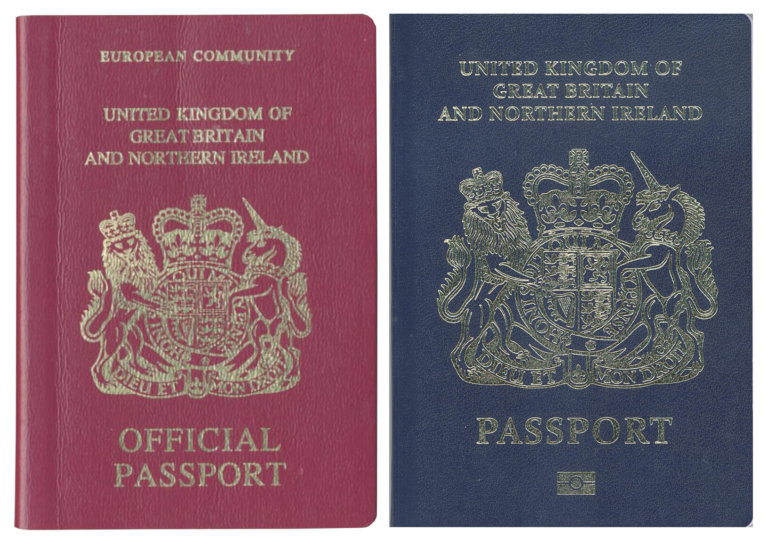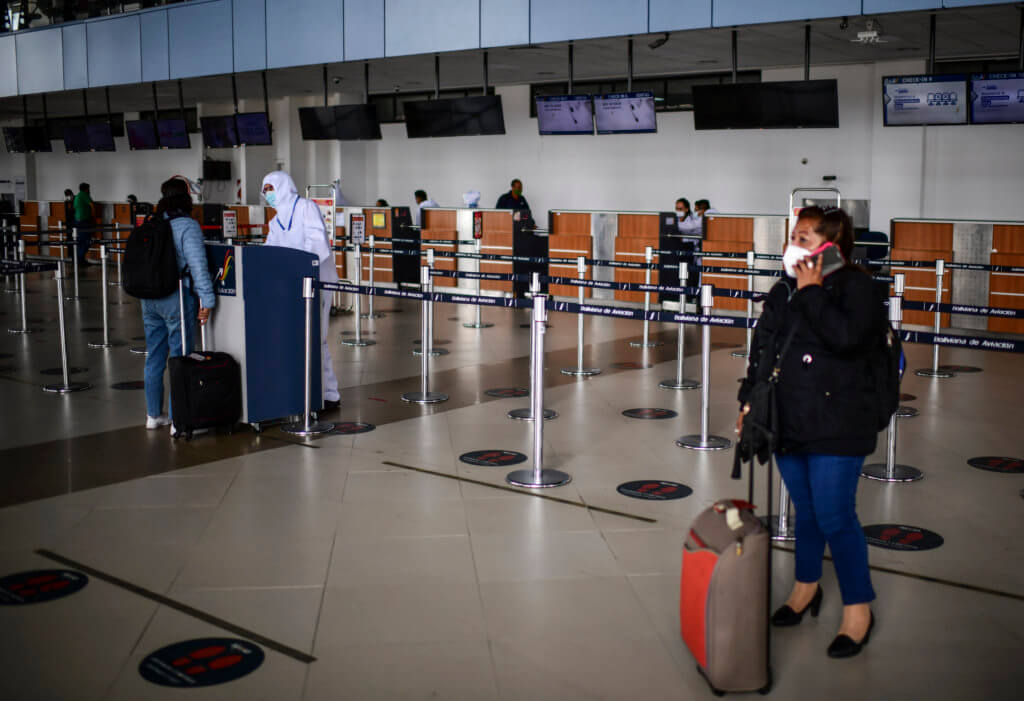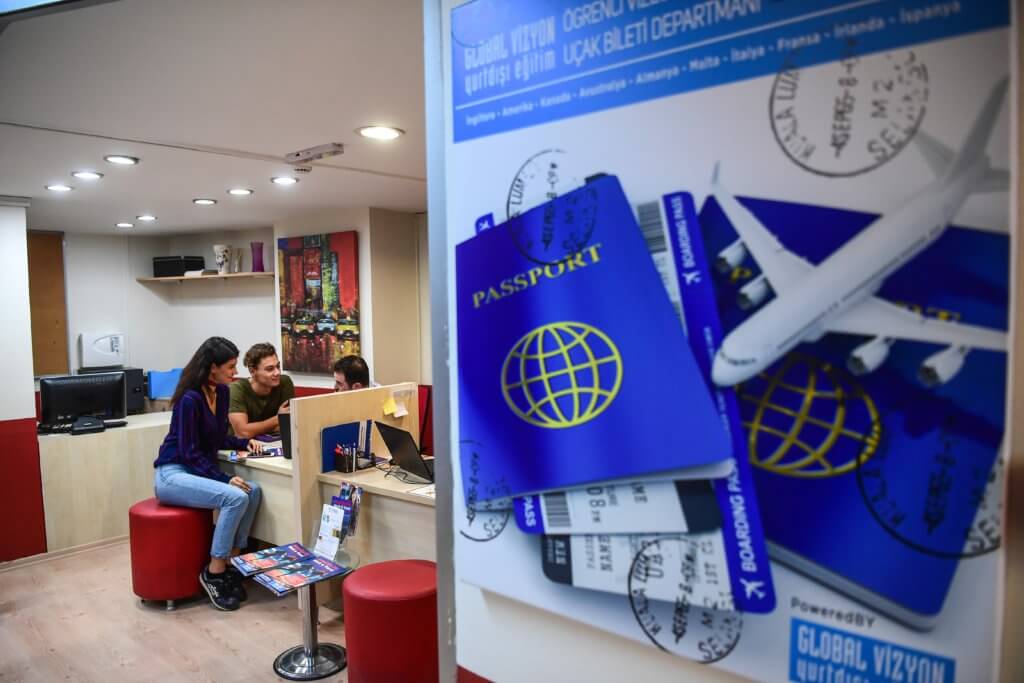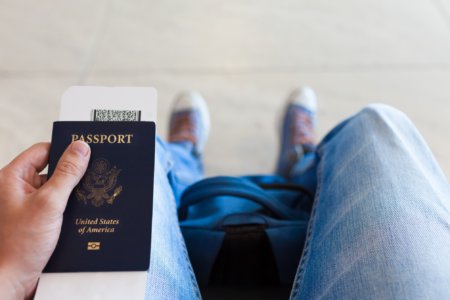
It’s scary enough to think about the prospect of studying abroad in a foreign country. Even more so when there’s a raging pandemic to think about. Will you be safe? Is your family healthy? How do you get to experience the full college experience abroad when contact is limited? So many questions have been raised during this tumultuous year of restrictions and isolation.
While answers are few and far between, it’s good to know you’re not alone in your struggles. Many students are pondering about the future of their education and career prospects. Several unis are stepping up to the plate to implement safe learning systems. Your dreams of studying abroad need not be put on pause as most universities, especially in Canada, UK and Europe, are still accepting international students. More visa application centres are now open again. Governments too are getting better in handling the pandemic and its impact on students.
For the challenges that remain, we have helpful suggestion to help you overcome them below:
Constantly-changing travel restrictions
While this is the prime concern for those crossing any sort of national borders, many institutions are offering virtual programmes as a temporary solution. This may not be the answer you want. You want to discover which Paris arrondissements with the best croissants, flirt with the cute waiter/waitress at a London bar, absorb the golden sunny vibes of California and all the experiences you see under the #wanderlust hashtag. You will be able too — if not now, then soon.

Always make sure to comply with airport health and safety measures. Source: Ronaldo Schemidt/AFP
Until then, you’ll have to keep updated with all the travel restrictions of the country you plan to be in. Platforms like ICEF Monitor and IDP among the many will help with updated information on visas and passports. If you’re not able to arrive in time for the first semester, it’s most likely you’ll be able to travel by the second semester of the academic year. Many institutions such as the EU Business School, have come up with flexible starting dates with online and on-campus hybrid choices so students are on track to graduate.
Social distancing

Always practise physical distancing. Source: Mladen Antonov/AFP
Dealing with pandemic-related stress and anxiety has had us all tugging our hair and on wit’s end. We miss our friends, family or colleagues. Luckily, video platforms like Zoom, House Party, FaceTime, and so forth, are free. Though we’re far from our loved ones, they keep us connected to our loved ones. Other ways to beat homesickness is to distract your mind by exercising, eating healthy, and making new connections on campus.
Student visa applications
Many visa application centres stopped operations during the peak of this pandemic. As things get better — with a vaccine on its way — many have since reopened … with a backlog of cases. As application processes can take up to three months, it’s best to apply well in advance. Plus, you’ve had ample time during lockdown periods to plan (we hope!).
A lot of information about visa services is normally found on embassy websites or through third-party contractors like this. If you have any doubts, get in touch with your school, they are there with dedicated departments to support students throughout this whole process of studying abroad.

Universities should be able to help provide as much information as they can on the updated regulations and process for applications. Source: Ozan Kose/AFP
Accommodation and healthcare prep
Guys, this is super important. Anyone going abroad to study must have health insurance and accommodation. For first-years, staying in shared halls or university-owned places is the best way to settle in and meet new people. Always check if the institution has suitable health and safety policies before you make any decisions.
Alternatively, you might like riding solo. If that gives you better peace of mind, then you should choose what makes you feel most comfortable. Whichever you choose, your uni should be able to give you helpful information for your research beforehand.
With healthcare, although not always the case, most European students are usually covered for emergency treatment. Always make sure to check country-specific rules, and always check if you need to have a PCR test for COVID-19 before or after arrival on your campus abroad. Finally, checking the health and safety policies at your school is a must as you need to know if they are able to give you support should you find yourself ill.
COVID-19 contingency plans

The vaccine for COVID-19 is on its way out to the world, as we adapt to the “new normal.” Source: Piero Cruciatti/AFP
Before finalising any decisions for studying abroad, spend time learning the specifics of how your course will be taught. Most unis are organising hybrid schedules that mixes face-to-face teaching and online classes, and several have contingency plans in case governments introduce new regulations. However, you still want the dynamic teaching structure that will provide you with an engaging educational experience, be it online or on-campus. If your course is unable to provide this, you’ll need to have a gameplan of how long you can sustain this, financially and mentally. It’s better to plan this with your parents in your home country, than to scramble something together at the last minute in a country you’re unfamiliar with.









